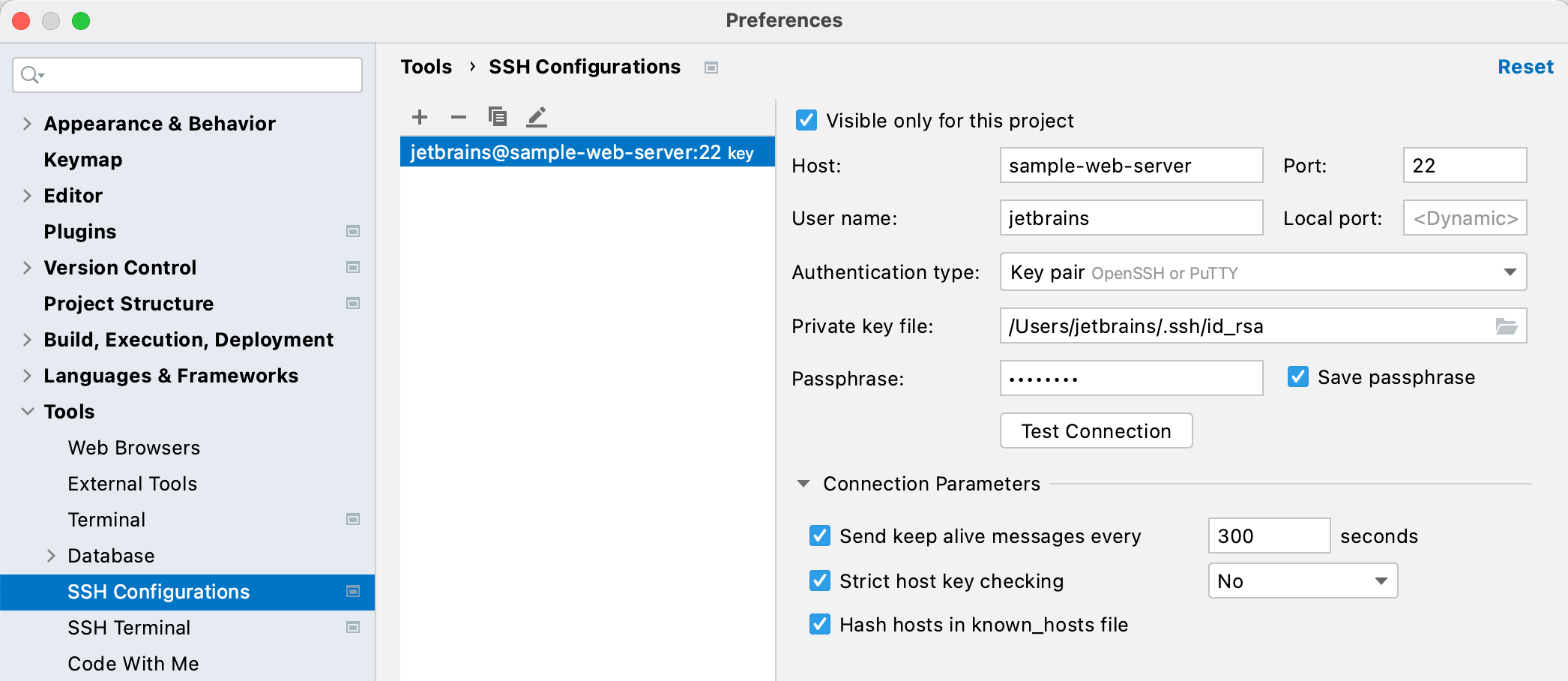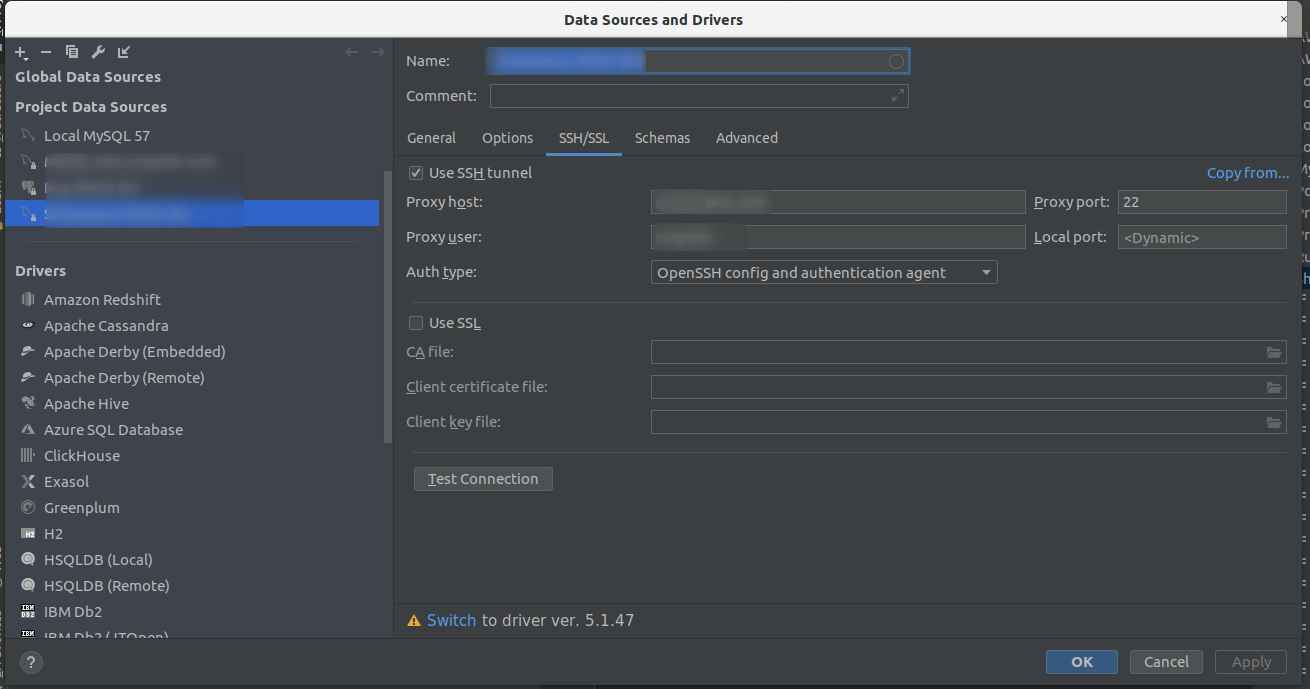Translation(s): English - Español - Italiano - Português (Brasil)
This page indicates how to install/use Debian in your local language.
Contents
Backup the config file. First, back up the configuration file before making major changes. Commonly used configuration options. Enabling X11 forwarding and agent forwarding. Developers, students, and researchers often want to enable X11 forwarding and SSH agent forwarding. Port forwarding. Configuring public key authentication. Certificate-based authentication.
- Configuration
- SSH
Configuration
Programs that support local technology use environment variables to determine the conventions to use for date and time formatting, character display, currency display and codepage selection.

The following environment variables affect locale related behaviour of the system:
LANG | Determines the default locale in the absence of other locale related environment variables |
List of fallback message translation languages (GNU only) | |
LC_ADDRESS | Convention used for formatting of street or postal addresses |
LC_ALL | Overrides all other locale variables (except LANGUAGE) |
LC_COLLATE | Collation order |
LC_CTYPE | Character classification and case conversion |
LC_MONETARY | Monetary formatting |
LC_MEASUREMENT | Default measurement system used within the region |
LC_MESSAGES | Format of interactive words and responses |
LC_NUMERIC | Numeric formatting |
LC_PAPER | Default paper size for region |
LC_RESPONSE | Determines how responses (such as Yes and No) appear in the local language |
LC_TELEPHONE | Conventions used for representation of telephone numbers |
LC_TIME | Date and time formats |
Warning!
Using LC_ALL is strongly discouraged as it overrides everything. Please use it only when testing and never set it in a startup file.
Normally how it works is you set LANG to your preferred locale. If there are specific aspects of your primary locale that you don't like (e.g. date formats), then you set the specific variables to override those features only. End users should never set LC_ALL, at least not permanently. LC_ALL is reserved for programs or situations where you need to enforce a specific locale (usually 'C') on a temporary basis. One example of this would be reporting error messages on an English-speaking mailing list; you can use LC_ALL=C your command to ensure that the errors are in English, and follow all the POSIX norms.
Standard
Get root and type dpkg-reconfigure locales and select the locale(s) you want to generate. At the end, you'll be asked which one should be the default. If you have users who access the system through ssh, it is recommended that you choose None as your default locale.
This changes /etc/default/locale and /etc/locale.gen (in older versions of Debian, also /etc/environment). If you chose a default locale other than None above, it will be in /etc/default/locale and will override the LANG variable supplied by ssh. This is highly inconvenient.
If you've upgraded to Lenny from an older version of Debian and have leftover LANG=.. content in /etc/environment, you should comment it out (type editor /etc/environment and put a # character in front of the line, and then save it).

Now, optionally, edit /etc/profile as follows:
Run locale -a to get a list of the locale names suitable for use in environment variables. Note that the spellings are different from the ones presented in the dpkg-reconfigure list.
Add a line like this to your /etc/profile file:
where de_DE.iso88591 is the locale you want to use as a default. If you have tcsh or csh users, create a file named /etc/csh/login.d/lang with the following content:
This will only set LANG if it was not previously defined, for example by ssh. Unfortunately, this won't affect users who login with xdm, gdm, etc.
SSH
SSH Server
If you've upgraded from a very old version of Debian (before Etch), your sshd_config(5) may not contain the correct AcceptEnv directive to let the ssh client pass locale variables. Edit your /etc/ssh/sshd_config file and make sure it contains this line:
Then restart the ssh service to make it take effect. Also, you should log out of your current ssh connection and log back in. Already-running programs will not be affected.
SSH Client
If you've upgraded from a very old version of Debian (before Etch), your ssh_config(5) may not contain the correct SendEnv directive to let the ssh client pass locale variables. Edit your /etc/ssh/ssh_config file and make sure it contains this line:
Launch AnyConnect on the Android device. Tap Add New VPN Connection. Tap Server Address, enter the host URL from the AnyConnect credentials in the Server Address field, tap OK and, then tap Done. Tap the name of the new connection you created. I have exactly the same problem. The VPN connection is established, but no traffic is flowing. On my Radius server, I can see successful login for group and user. On the phone, a 'tun0' interface is created with an IP address from a pool configured on the VPN concentrator. Also, the routing table seems correct. Android release: 4.0.4. Cisco vpn android. The Cisco Umbrella module for AnyConnect on Android provides DNS-layer protection for Android v6.0.1 and later and can be enabled with or without an AnyConnect license LICENSING AND.
You should log out current ssh connection and log back in. Already-running session will not be affected.
Ssh Settings File
GDM

In GDM login screen, pick a proper locale from the list of installed locales by clicking the locale button in the bottom of the screen.
Alternatively, edit ~/.dmrc. For example, to set the user-wide locale to en_DK.utf8, ~/.dmrc could be something like this:
Manually
Edit the file /etc/locale.gen and add your locale settings (one set per line), e.g.:
The supported locales are listed in /usr/share/i18n/SUPPORTED.
Run the command locale-gen
Run the command locale -a to verify the list of available locales; note that the spellings change.
If you've upgraded to Lenny and you have leftover LANG=.. content in /etc/environment, you should comment it out.
- To use the new settings with your programs, log out and back in.
First day of week
You might want to use the default en_US locale because some software doesn't play nice when locale's set to something else, but you want to have the first day of the week set to Monday, not to Sunday, like it's defined in en_US. To get this desired behaviour you can add the following to /etc/default/locale:
Measuring units and paper size
You might also want to change the measuring units and the paper size if you're from Europe:
Keyboard layout
See: debian-reference.
Ssh Settings Windows
See Also
ReduceDebian - Reducing the number of installed locales
Ssh Settings To Prevent Disconnects
CategorySystemAdministration
